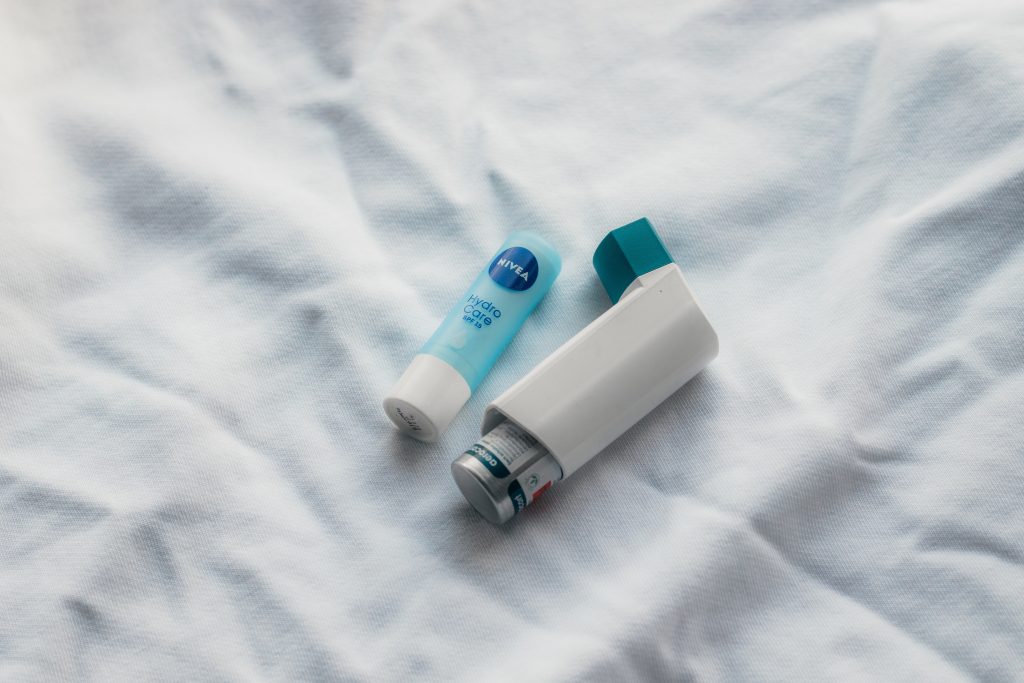What is an albuterol nebulizer?
An albuterol nebulizer refers to the method of delivering albuterol medication using a nebulizer device. Albuterol is a bronchodilator medication commonly used to treat and manage respiratory conditions such as asthma, chronic obstructive pulmonary disease (COPD), and other lung diseases. A nebulizer is a device that converts liquid medication into a fine mist or aerosol form, which can be inhaled into the lungs. The nebulizer consists of a compressor that generates compressed air or oxygen, a medication cup to hold the liquid medication, and a mouthpiece or mask for the patient to inhale the aerosol.
When using an albuterol nebulizer, the liquid albuterol solution is placed into the medication cup of the nebulizer. The compressor then forces air or oxygen through the medication cup, causing the medication to be transformed into a mist. The patient inhales the mist through a mouthpiece or mask, allowing the medication to reach the lungs and provide bronchodilation, which helps to open up the airways and relieve symptoms such as wheezing, shortness of breath, and coughing.
Nebulizers are often used in situations where individuals have difficulty using inhalers, such as young children or those with severe respiratory conditions. They can also be useful during acute episodes of breathing difficulties or when a higher dose of medication is required.
Is albuterol a steroid?
No, albuterol is not a steroid medication. It belongs to a class of drugs known as bronchodilators or beta-agonists. Albuterol works by stimulating the beta-2 adrenergic receptors in the smooth muscles of the airways, leading to relaxation and widening of the air passages in the lungs. This action helps to relieve bronchospasm and improve airflow, making it easier to breathe.
Steroids, on the other hand, belong to a different class of medications called corticosteroids or glucocorticoids. Steroids work by reducing inflammation in the airways and suppressing the immune response. They are often used as an anti-inflammatory treatment for respiratory conditions such as asthma and COPD.
While albuterol and steroids can be used to manage respiratory conditions, they have different mechanisms of action and are prescribed for different purposes. Albuterol is primarily used for short-term relief of symptoms during acute episodes of bronchospasm, while steroids are often used for long-term control and prevention of inflammation in the airways.
How to use an albuterol inhaler?
Using an albuterol inhaler correctly is important to ensure the medication reaches your lungs effectively. Here are some basic first steps on how to use an albuterol inhaler:
- Prepare the inhaler: Remove the cap from the inhaler and shake it well to ensure the medication is properly mixed. If it’s a new inhaler or hasn’t been used for a while, you may need to prime it by spraying a few doses into the air (following the instructions provided by the manufacturer).
- Breathe out: Exhale fully to empty your lungs.
- Hold the inhaler: Hold the inhaler upright with your thumb at the base and your index and middle fingers on the top, or as directed by the specific inhaler design.
- Form a good seal: Place the mouthpiece of the inhaler in your mouth, ensuring a tight seal around it with your lips.
- Start inhaling: As you begin to breathe in slowly and deeply through your mouth, press down on the canister to release a dose of medication. Continue inhaling steadily until your lungs are full.
- Hold your breath: Once you’ve inhaled the medication, remove the inhaler from your mouth and hold your breath for about 10 seconds, or for as long as comfortable. This allows the medication to settle in your airways.
- Exhale and repeat: Breathe out slowly and normally. If you need another dose, wait for about 1 minute before repeating the process. If only one dose is prescribed, replace the cap on the inhaler.
Remember to carefully read and follow the instructions provided with your specific albuterol inhaler, as inhaler designs and instructions may vary. It’s also important to discuss proper inhaler technique with your healthcare provider or pharmacist to ensure you’re using it correctly for your specific condition.
Does albuterol expire?
Yes, albuterol inhalers have an expiration date. Like any medication, albuterol can lose its effectiveness and potency over time. The expiration date is typically printed on the packaging of the inhaler or on the canister itself. It is important to check the expiration date before using the medication.
Expired albuterol inhalers may not provide the expected relief or therapeutic effect. The medication may not work as effectively in opening up the airways and relieving symptoms of bronchospasm.
Using expired medication is generally not recommended as it may not be safe or effective. If you have an expired albuterol inhaler, it is advisable to dispose of it properly and obtain a new inhaler with an unexpired medication.
Side effects of albuterol nebulizer
Albuterol nebulizers can cause certain side effects in some individuals. Common side effects of albuterol nebulizer use may include:
- Tremors: Some people may experience shaking or tremors, particularly in the hands.
- Increased heart rate: Albuterol can cause an increase in heart rate, leading to a sensation of a racing or pounding heart.
- Nervousness or restlessness: Albuterol can sometimes cause feelings of nervousness, anxiety, or restlessness.
- Headache: Headaches can occur as a side effect of albuterol nebulizer use in some individuals.
- Dry mouth or throat: Albuterol may cause dryness of the mouth or throat.
- Cough or throat irritation: Some individuals may experience a cough or irritation in the throat after using an albuterol nebulizer.
- Nausea or vomiting: Albuterol nebulizer treatment can occasionally cause nausea or vomiting.
In rare cases, albuterol nebulizers can also cause more serious side effects, such as chest pain, irregular heartbeat, allergic reactions (rash, itching, swelling), difficulty breathing, or worsening of symptoms. If you experience any of these severe side effects, seek immediate medical attention.
